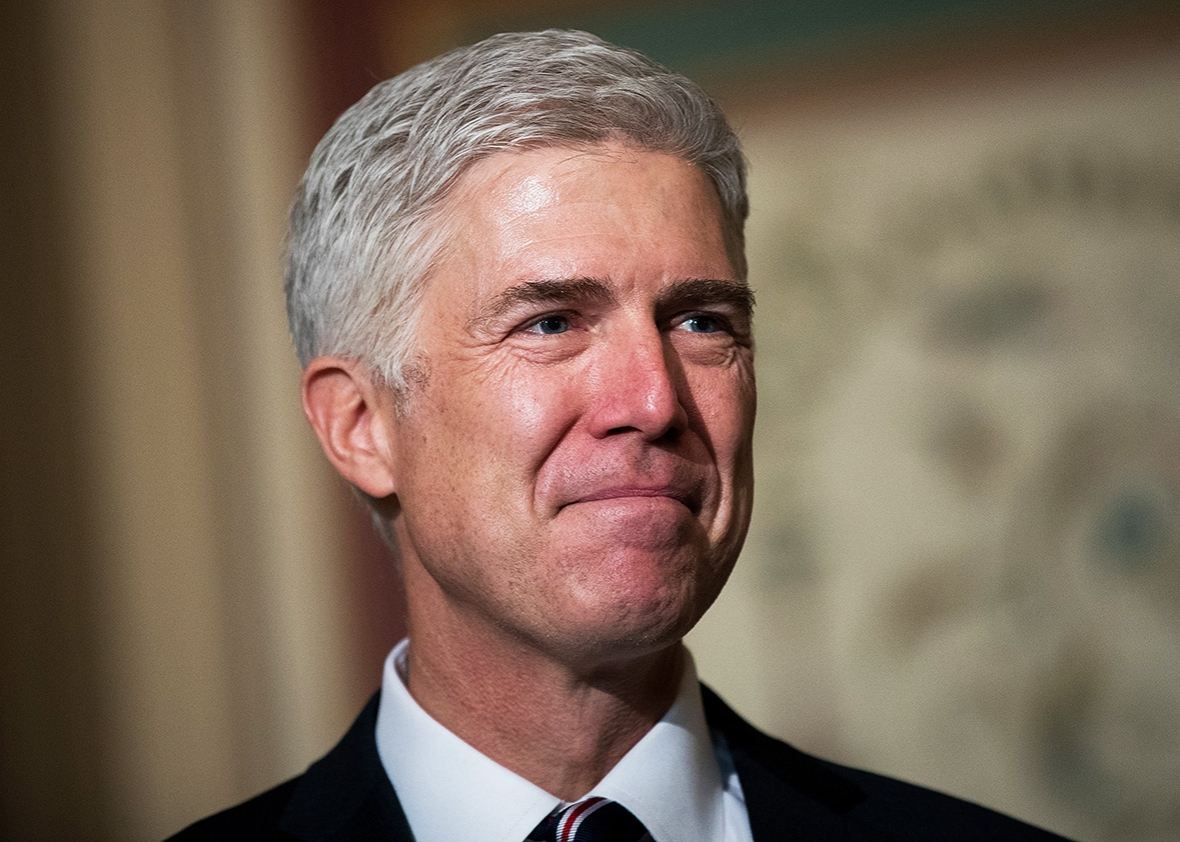 |
| I've got a feeling only religious assholes are going to like this guy. Or, as Mike Pence might say, mission accomplished. |
Salon featured a new decision by an en banc panel of the Seventh Circuit Court of Appeals that reimagines a precedent using today's meaning of words. This flies in the face of originalist, or strict constructionist, interpretations of our laws. Generally, precedent has been set by an "original" reading of a law. But what good is a precedent if its meaning is locked in stone but our society is not?
Conservative judges would argue that locking archaic moralistic judgments in stone is the goal of originalism. What's the best way to interpret law? Why, as if it's 1787 all over again.
The best way to treat the LGBT? As if sex is only between a husband and his obedient wife. The best way to treat a gun issue? As if an AR-15 is the same as a flintlock.
But the Seventh Circuit just reminded us there is a newer, better way: What's the situation here and now, today, between modern people employing modern meanings of words? That's a different kettle of fish, as it should be.
So civil rights should include all rights, not just those referred to in the Constitution as if it were still 1787, and not just those rights according to dictionaries in the 1960s. In Salon:
An appeals court ruled in support of LGBT rights this week, reversing decades of interpretation that largely allowed companies to discriminate against workers on the basis of sexual orientation.
In their groundbreaking decision, nine of 12 judges in an en banc panel of the Seventh Circuit Court of Appeals said that gay and lesbian workers are protected under Title VII. The Hively v. Ivy Tech Community College decision marks a major break from an interpretation that excluded sexual orientation, except in instances where one could make an argument of gender nonconformity. That meant that, previously, in order for workers to prove discrimination under Title VII, they had to allege that they were being discriminated against because they were not acting according to the stereotype associated with their gender.
[...]
She then filed her case in federal district court, again bringing forward the simple argument that Title VII should protect a worker from being discriminated against on the basis of her sexual orientation. The district court was sympathetic to her claim, but explained that Title VII prohibits discrimination “because of sex,” and explained that the court’s precedent “has held that Congress intended the term ‘sex’ to mean ‘biological male or biological female,’ and not one’s sexuality or sexual orientation. Thus, ‘harassment based solely upon a person’s sexual preference or orientation . . . is not an unlawful employment practice under Title VII.’”
The appeals court rejected this longstanding reading, stating that “it would require considerable calisthenics to remove the ‘sex’ from ‘sexual orientation.’ The effort to do so has led to confusing and contradictory results, as our panel opinion illustrated so well.”
The court further explained that whatever Congress meant in 1964 when it passed the law, or however courts have interpreted the law in the intervening decades, it was no longer tenable to exclude sexual orientation.Famously, it was the Supreme Court that opened the door to this dismissal of precedent when they, under the leadership of Anthony Kennedy, decided in favor of same-sex marriage. And lower courts have increasingly found their way clear to say, as it were, that civil rights apply to all, not just those defined at the time a law was written.
When "sex" was inserted in a list of things for which one shouldn't be discriminated against, legislatures who wrote these laws, courts that interpreted them, and executive branches that enforced them envisioned sex between biological opposites. But when the meaning of sex changes, the civil rights afforded individuals must change, as well.
It's not that complicated, but tell that to Clarence Thomas or Samuel Alito. It will make their eyes bleed. Thus we have the refuge of originalism or strict constructionism, or, as I would prefer it, the last refuge of legal scoundrels.
Parenthetically, this is the one last debate that controls much of our debates: Trump was elected by white Christian men to preserve the prerogatives of white Christian men. Though they represent that same 30-35%, at most, of Americans who have managed, inexplicably, to bring Republicans to power across the country, they are in fact a declining minority. It's depressing the amount of damage they've managed to cause in the meantime. What once was the shining hope of the world has been reduced to a crude joke of a nation, held in suspicion and contempt by an increasingly dubious world. And that is pretty messed up.

No comments:
Post a Comment